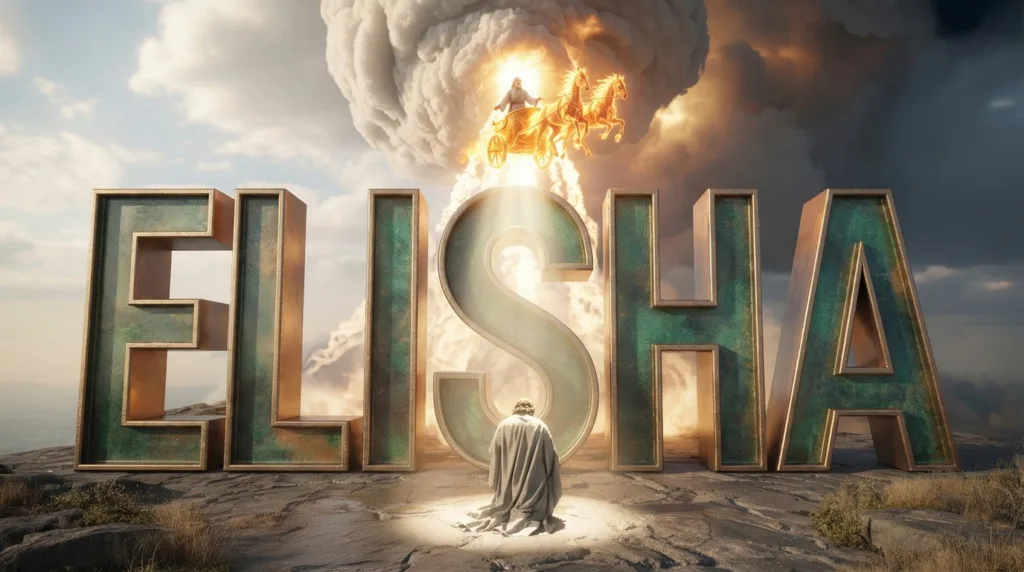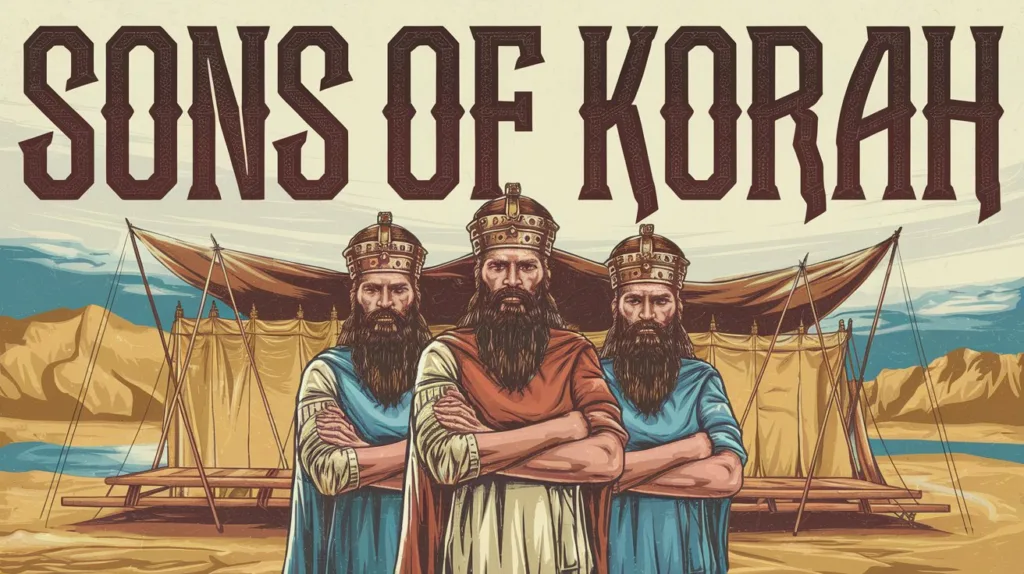The Bible does not give a direct command about cremation, but it offers principles that help guide this decision. In Scripture, burial was the common practice among God’s people, while burning bodies was rare and typically associated with judgment or dishonor.
Abraham, Isaac, Jacob, Joseph, and even Jesus were all buried. The burial of believers was considered a sign of dignity and hope in the resurrection:
“And after this, Abraham buried Sarah his wife in the cave of the field of Machpelah.” (Genesis 23:19)
“Then Joseph gave a command to his servants the physicians to embalm his father. So the physicians embalmed Israel.” (Genesis 50:2)
Cremation is mentioned in the Bible, but it is not presented positively. In Amos, God condemns Moab for burning the bones of the king of Edom to lime:
“Thus says the Lord: For three transgressions of Moab, and for four, I will not turn away its punishment, because he burned the bones of the king of Edom to lime.” (Amos 2:1)
Still, there is no biblical command forbidding cremation, and the method of disposal does not hinder God’s ability to resurrect the body. The resurrection is not based on the preservation of the physical body but on God’s power:
“So also is the resurrection of the dead. The body is sown in corruption, it is raised in incorruption.” (1 Corinthians 15:42)
Christians should be motivated by faith, not fear. Whether buried or cremated, the believer’s hope is in the resurrection:
“And God both raised up the Lord and will also raise us up by His power.” (1 Corinthians 6:14)
The decision about cremation should be made with prayer, biblical conviction, and a desire to honor the Lord. While burial reflects the biblical pattern of showing respect for the body, cremation is not inherently sinful. What matters most is the believer’s life, testimony, and trust in Christ.





 Get the book that teaches you how to evangelize and disarm doctrines from every single major cult group today.
Get the book that teaches you how to evangelize and disarm doctrines from every single major cult group today.